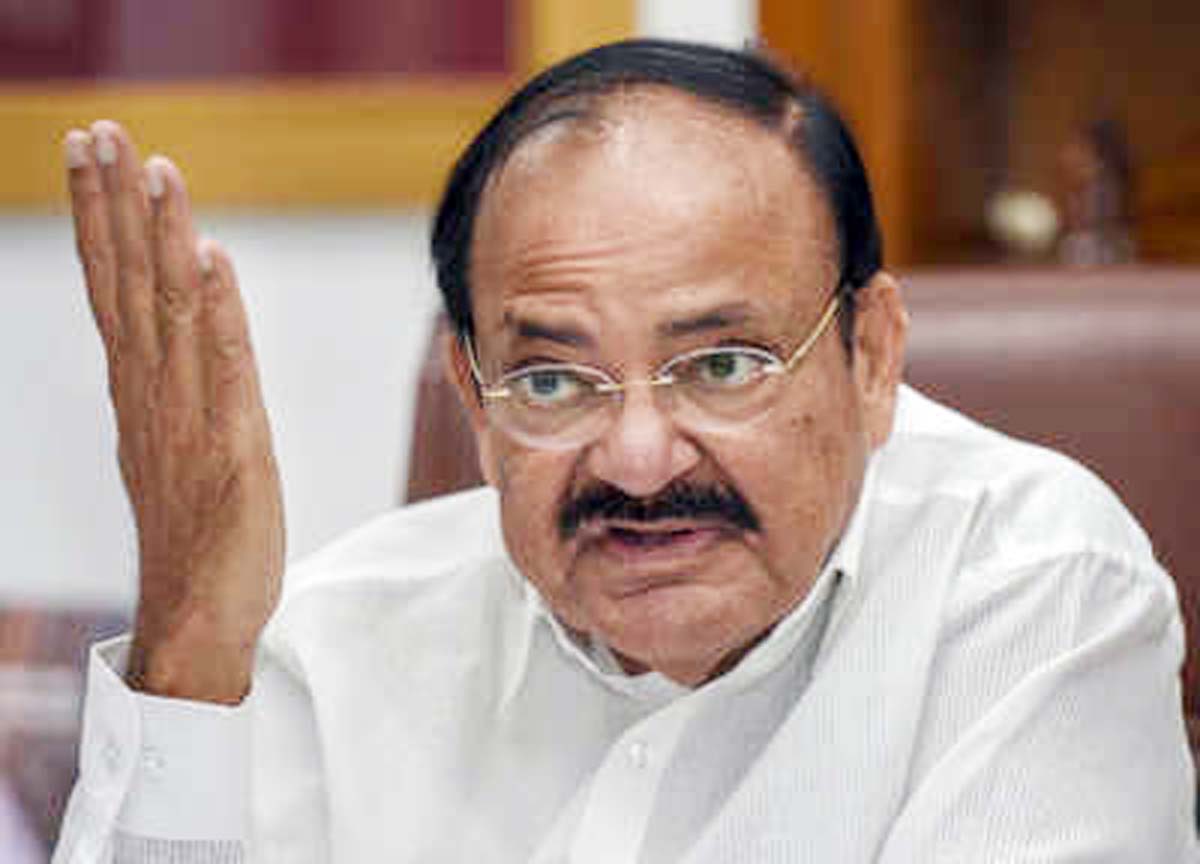CHENNAI: The huge disparity between urban and rural areas was one of the biggest challenges in building a comprehensive healthcare system, Vice-President M Venkaiah Naidu said on Monday. Inaugurating the Gem hospital here, he said India has made significant strides in improving the health outcomes of the people with the availability of modern methods of treatment and better healthcare facilities.
However, one of the biggest challenges in building a comprehensive healthcare system is the existence of huge disparity between urban and rural areas, he added.
He said though healthcare has been accorded utmost priority by successive governments since Independence, many challenges on this front continue to be formidable.
They include low public spend, low doctor-patient ratio, low patient-bed ratio, rising out-of-pocket expenditure, dearth of medical colleges and trained doctors, inadequate infrastructure in rural areas, lack of penetration of health insurance and inadequate disease surveillance and and preventive mechanisms, the Vice-President said.
While the private sector was no doubt complementing the Government’s efforts in providing healthcare facilities, the focus of the corporate sector was mostly confined to urban areas.
”The time has come for the private sector to expand their facilities to the rural areas, where the majority of India’s population lives”, Mr Venkaiah said.
”To bridge the urban-rural divide, We need one medical College in every district. In Tamilnadu, I expect two medical colleges in every district”, he said.
Mr Venkaiah Naidu said Public Private Partnership could be the model to bridge the gap by providing technically advanced primary and secondary healthcare centres that act as the first response units to combat diseases or general ill-health.
He said the rural-urban disparity was adding to the financial burden of the people.
While the advances in the medical field have made available modern methods of treatment, the need of the hour was to make such treatment accessible and affordable to the common man.
He said an area of concern was the inadequate number of physicians available per 10,000 people in India when compared to developed countries. While the number of physicians available was 20 per 10,000 population in developed countries, it was only six in India.
”As against the WHO norm of one doctor per 1,000, there is one doctor per 1,700 population in India”, he said, adding, in order to reach this target, a high-level committee of erstwhile Planning Commission (Now NITI Aayog) has recommended setting up of 187 more medical colleges by 2022.
Encouraging low cost Generic Medicines and allocating adequate funds for research by medical institutions must become a priority. The private sector, particularly the large corporates, must dedicate a portion of their profits for promoting medical research as part of their CSR activities.
In a veiled reference to Congress, Mr Venkaiah Naidu said he normally would not encourage dynasty in public life.
”But here in service, dynasty is good. In public life, dynasty rule should not be passed from father, son, grandson and all that. But in healthcare service, if the son and son-in-law follow their father and father-in-law, it is good for the country”, he added. (AGENCIES)


